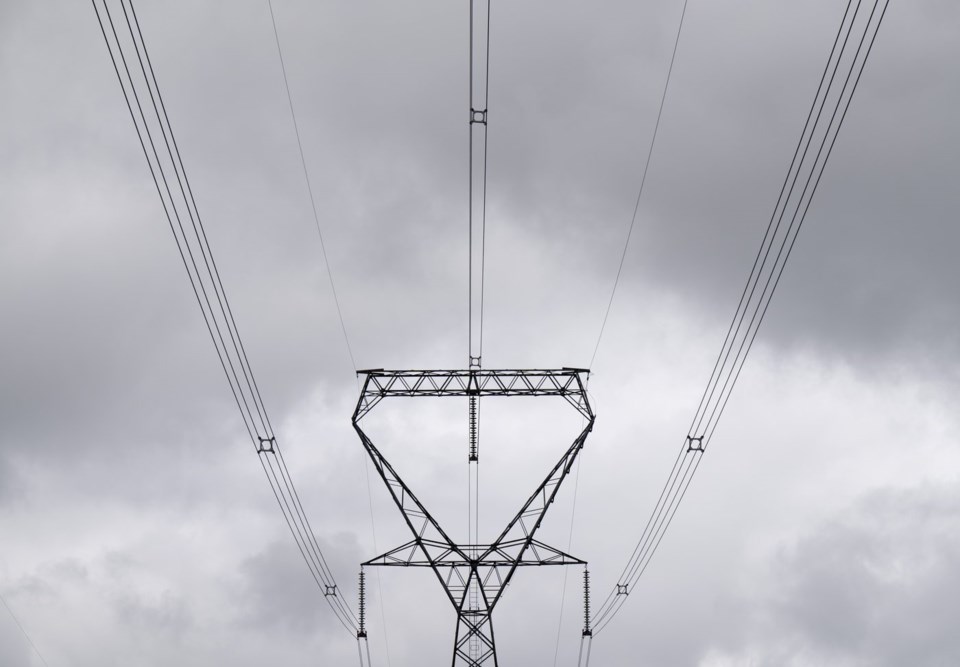TORONTO — Ontario is eyeing three sites across the province for new electricity generation facilities, including the possibility of large-scale nuclear plants, in order to meet soaring power demands.
The province is on track to meet rising electricity needs through to 2035, Energy Minister Stephen Lecce said, but after that point the demand will continue to skyrocket and Ontario needs to secure more power for the future.
"Our economy is undergoing a profound transformation – we are attracting historic investments in electric vehicle and battery production, the life sciences and manufacturing, and we're electrifying whole industries like steel production," he said.
"But with the rapid growth comes a generational challenge. How do we meet the surging demand for electricity, while ensuring our energy system remains reliable, affordable and future ready?"
The Independent Electricity System Operator has said demand is set to increase 75 per cent by 2050.
Lecce is looking to three sites that are owned by Ontario Power Generation – Nanticoke in Haldimand County and Lambton in St. Clair, which used to be home to coal-fired generating stations, and Wesleyville in Port Hope. All three sites are already zoned for electricity generation.
Lecce is tasking OPG with starting discussions with the municipalities and First Nation communities about putting various forms of electricity generation there. This could include any form of generation, including nuclear or gas plants.
"Early community involvement before we make decisions is a critical part of our approach to developing new generation, because a large energy project can take many years to develop, and we need to know we can work in strong partnership from the outset," he said.
"We also want to ensure that any energy development project attracts lasting economic growth and benefits to Indigenous communities and to the host region."
Ontario is already planning to bolster its output from nuclear generation, extending the life of the Pickering nuclear plant by two years while considering a larger refurbishment to get decades more out of it, considering building a new, large-scale nuclear plant on the site of Bruce Power's current generating station, and building four small modular reactors.
Green Party Leader Mike Schreiner said he worries the government is leaning too heavily on nuclear generation.
"I think it's completely irresponsible for the government not to have a public, competitive procurement process for the lowest cost, emission-free electricity," he said.
"They seem to be predetermining that they're going to go down the nuclear road, which is higher cost than wind, solar and storage."
This report by The Canadian Press was first published Nov. 27, 2024.
Allison Jones, The Canadian Press



